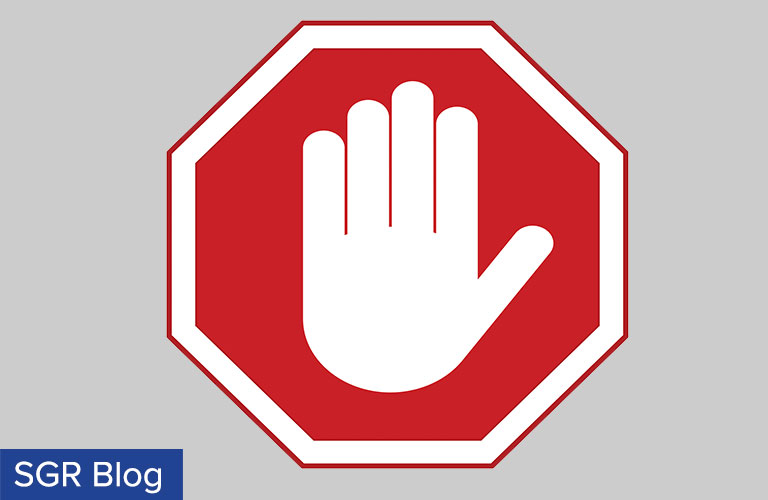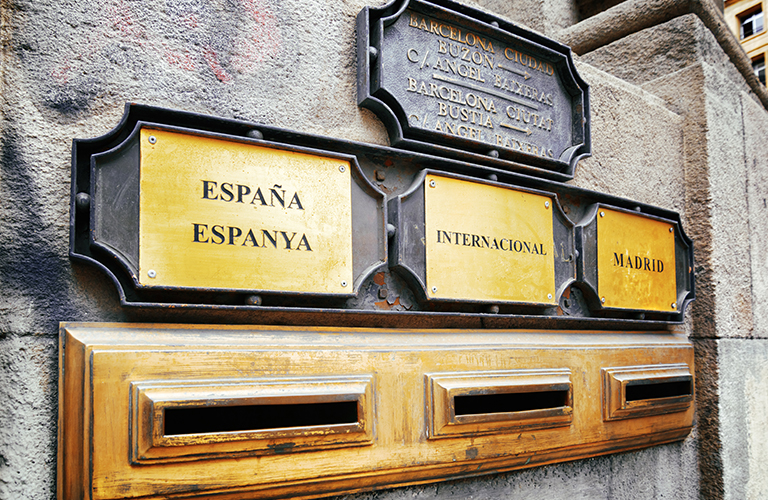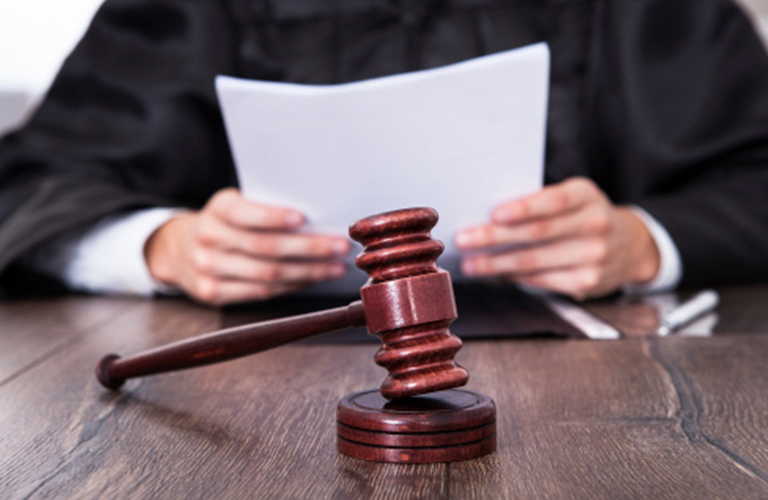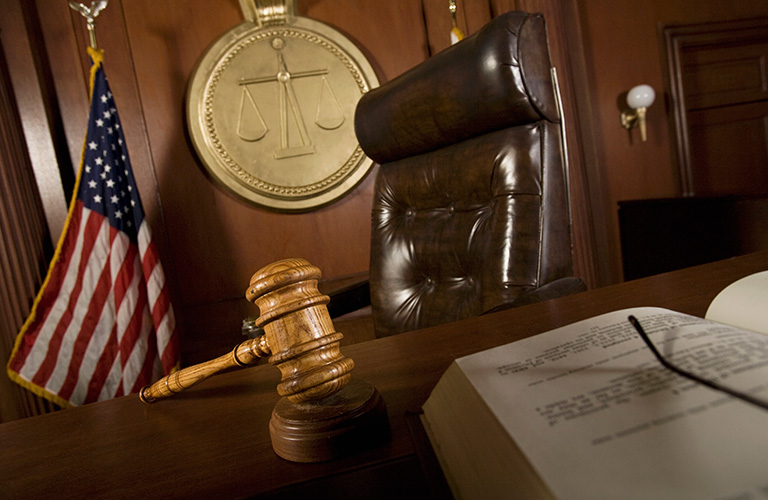
Rule 62 of the Federal Rules of Civil Procedure[1] addresses a stay of proceedings to enforce a judgment. Amendments to Rule 62 became effective on December 1, 2018. The amendments reorganize the Rule somewhat, clear up some confusing timing issues, and replace the term “supersedeas bond” with “bond or other security.” As to timing, amended Rule 62(a) extends the automatic stay of judgment enforcement from 14 days to 30 days following entry of judgment. According to the Advisory Committee, this change from 14 to 30 days resolves an “apparent gap” between the expiration of the automatic stay after judgment and… Read more





